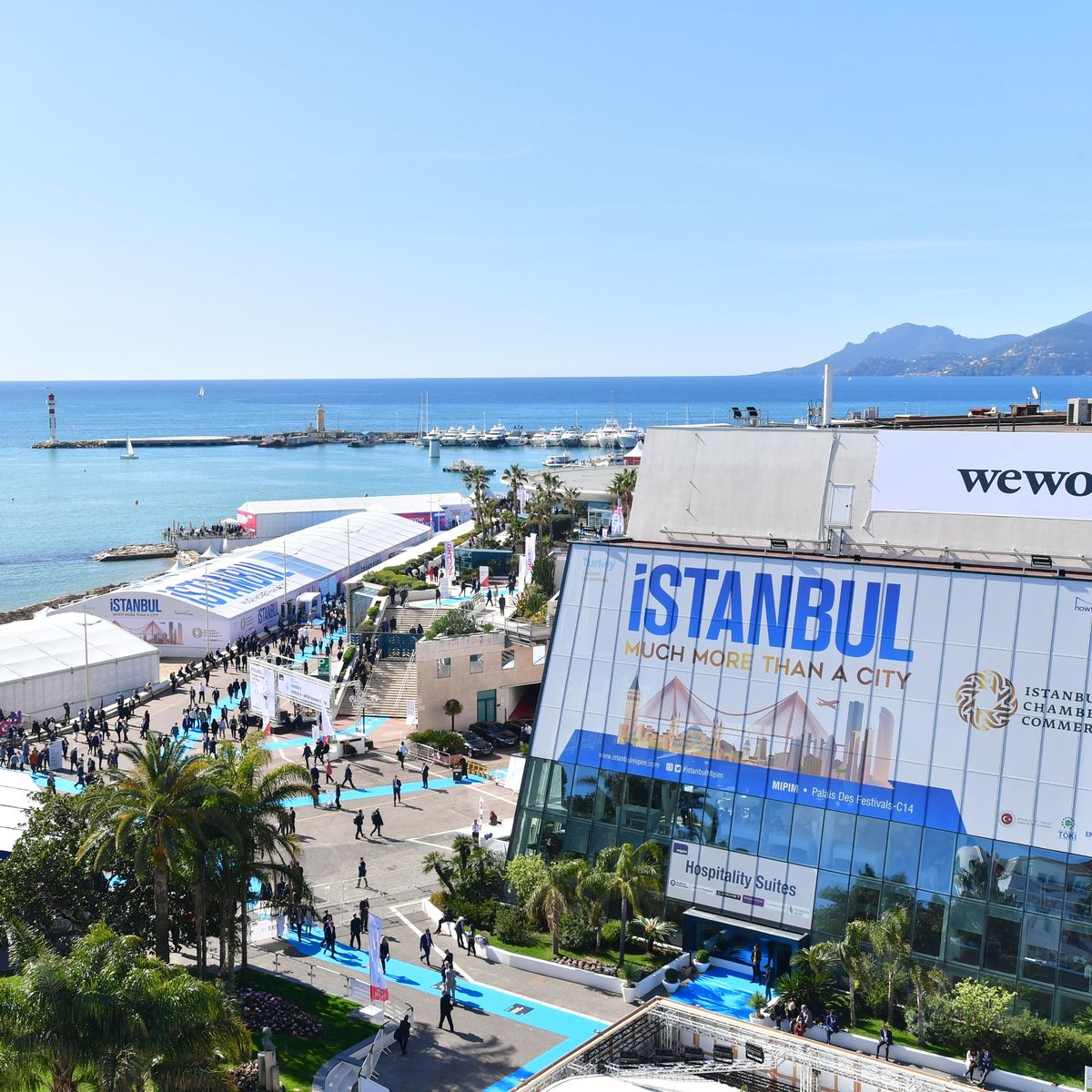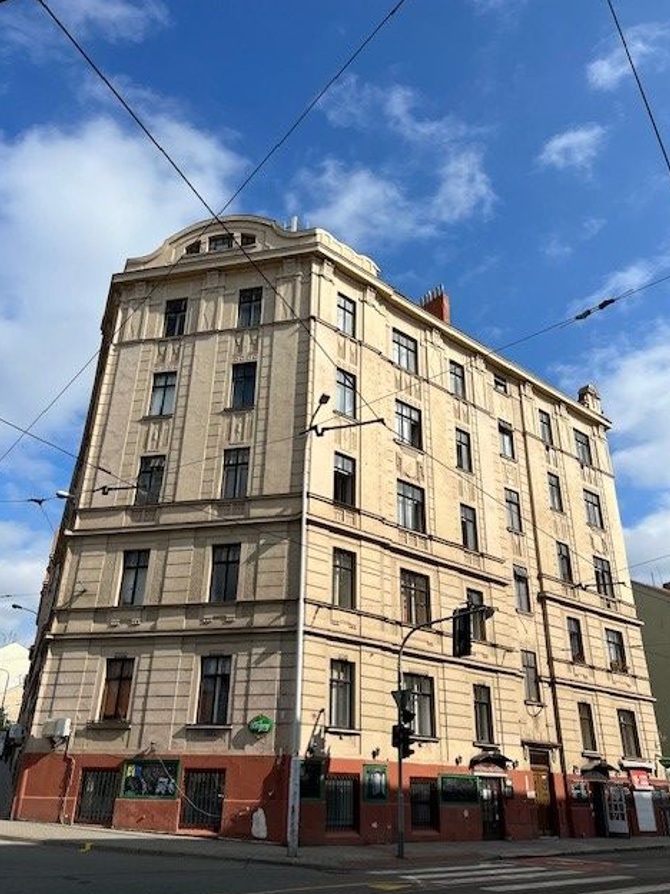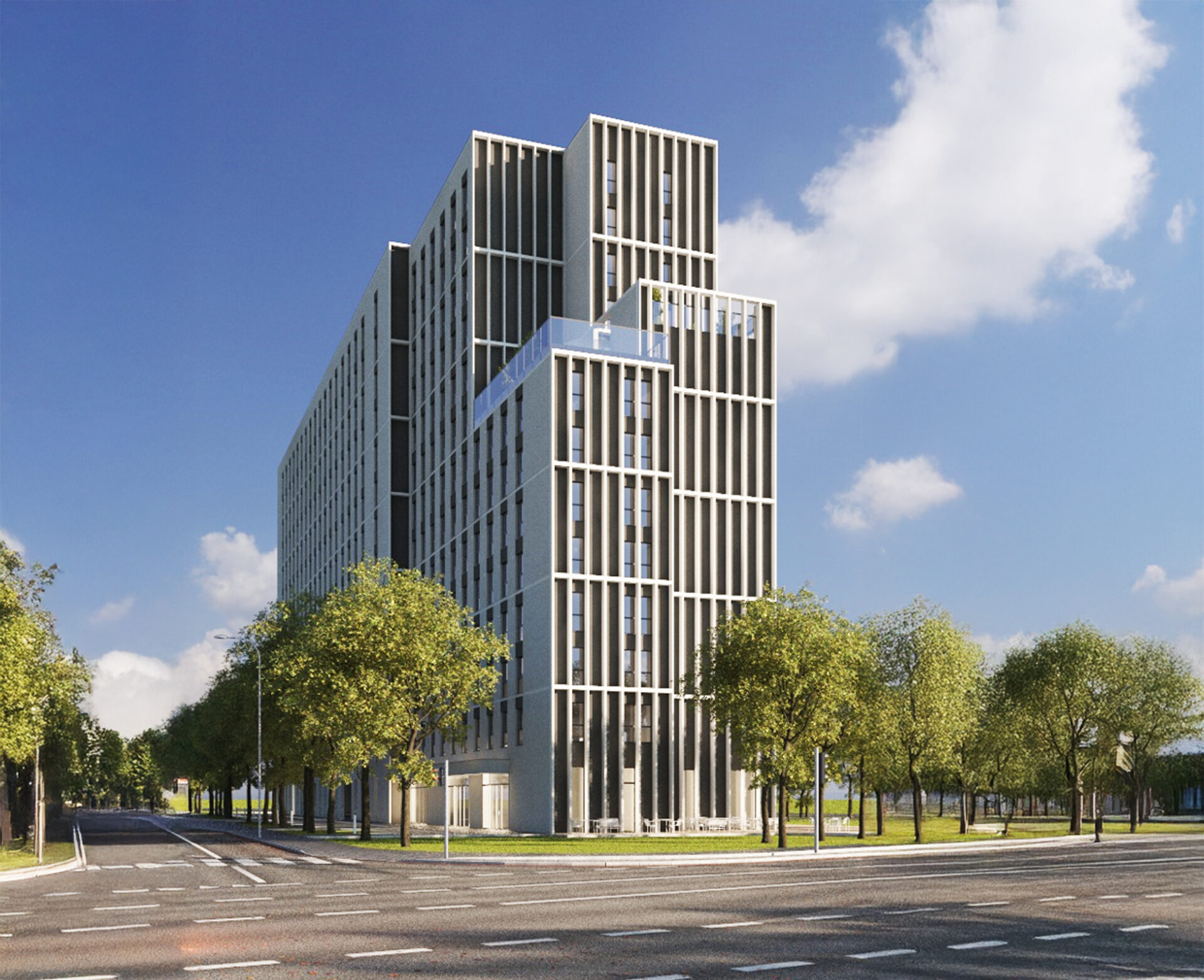Turkey’s Real Estate Platform GYODER, representing more than 200 companies within the property sector, today launched a new report “Spatial Revisit: Emerging Areas of Real Estate Investment in Turkey,” presented by PwC Turkey at MIPIM.
The report reveals the major trends that will drive the Turkish real estate market for the coming years. Booming e-commerce, the recovery of tourism after the pandemic, higher exports, investment in regional development, investor-friendly incentives, new ways of working, sustainability and ESG are all coming to the forefront of the national policy agenda and will be critical to attracting international investment to the country.
The exclusive event in Cannes, attended by property developers, investors, and industry figureheads was introduced with a keynote speech by George Friedman, a geopolitical forecaster and international affairs strategist. Friedman noted: “Turkey will, in my opinion, emerge over the next decades as a major economic and political power. It has passed through the normal economic difficulties that great powers experience as they emerge. Think of the United States’ Great Depression and what followed it. But Turkey’s strategic position makes it both an indispensable country and a true highway from Asia to Europe and Africa. This was something I wrote ten years ago, and I believe now more than ever.”
Mehmet Kalyoncu, Chairman of GYODER, said: “Changing geopolitics always brings new opportunities. Turkey is at the centre of new global trade routes and global energy corridors which brings global players’ attention to infrastructure, energy, logistics sectors as well as real estate. As GYODER we are here to cooperate and support international investors with finding opportunities and realizing them.”
The logistics market in Turkey is ranked the highest investment prospect according to PwC. The country’s logistics and warehouse sector is expected to receive a significant boost due to its strategic location and low rental costs, with warehouse area rental activities increasing by 12 percent in the last quarter of 2021 compared to the previous year and amounting to approximately 54,156 sqm. As a result of supply chain shortages, increased demand for qualified warehouses, and limited supply, primary rents increased by 16 percent on the previous year.
Major logistics companies such as DHL, CEVA, FedEx and UPS are already benefiting from the myriad opportunities offered by relocation to Turkey. Large infrastructure investments in the Marmara Region; such as Istanbul Airport – which became the busiest in Europe last year – Istanbul underground network, Third Bosphorus Bridge, North Marmara Highway, Istanbul-Izmir Highway and Marmaray and Eurasia Tunnels, have created a high potential for real estate development.
After a temporary pandemic-related hit to tourism in 2020 felt across the globe, the sector has made a rapid recovery in Turkey, making the country the centre of attention for the world’s leading international luxury hotel chains. The Peninsula, set to open their 11th hotel in the world in 2023, are being joined by Mandarin Oriental, Marriot Group, Accore Group, Shangri-La and Raffles, paving the way for the growing high-end demand in Turkey’s famed tourism regions. Besides Istanbul, Bodrum also has been the main attraction point for many international brands during the last decade, claiming its place as the most luxurious branded resort destination in the Mediterranean peninsula.
Commitments to decarbonisation in Turkey are on the rise, empowered by a sustainable green building certification system, YeS-TR. Istanbul Airport received LEED Gold certification for its energy efficiency system in 2020, making it the biggest LEED Gold building in the world. Urban transformation projects kickstarted in 2012 to renew the housing stock in Turkey constitute major opportunities for the adoption of innovative solutions in new builds. Further to this, the share of renewables in energy production is growing with projects such as Konya Kararpinar Solar Power Plant, the biggest Solar Power Plant in Europe (1,3 GW), planned to launch at the end of this year.
The key potential areas for development in Turkey alongside Istanbul are Kocaeli, a logistics centre and an epicentre for R&D and innovation clusters, and Izmir, including the Basmane-Çankaya Regions of Konak district, the former Central Business District of the province.







